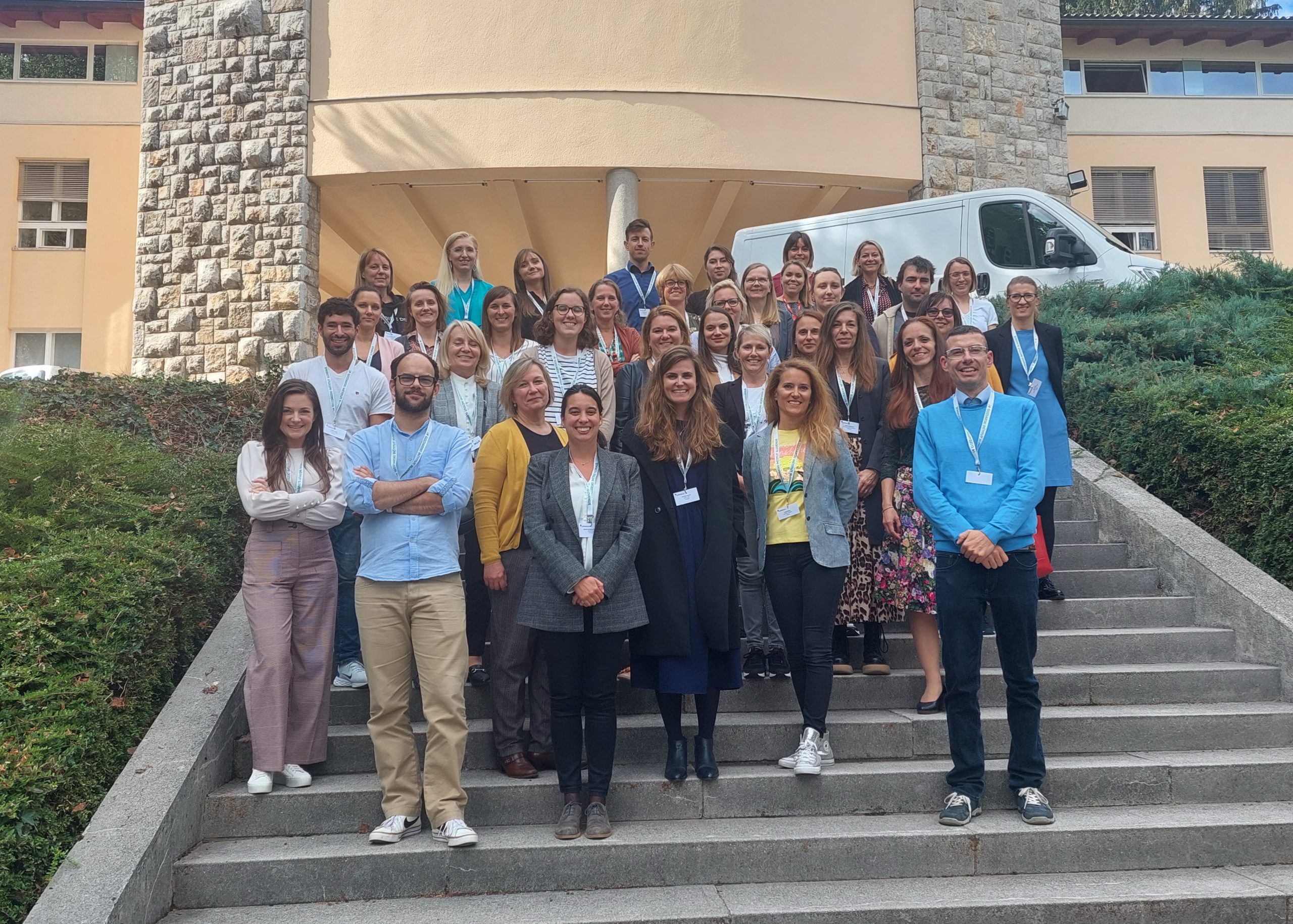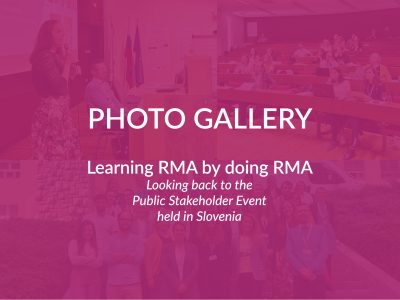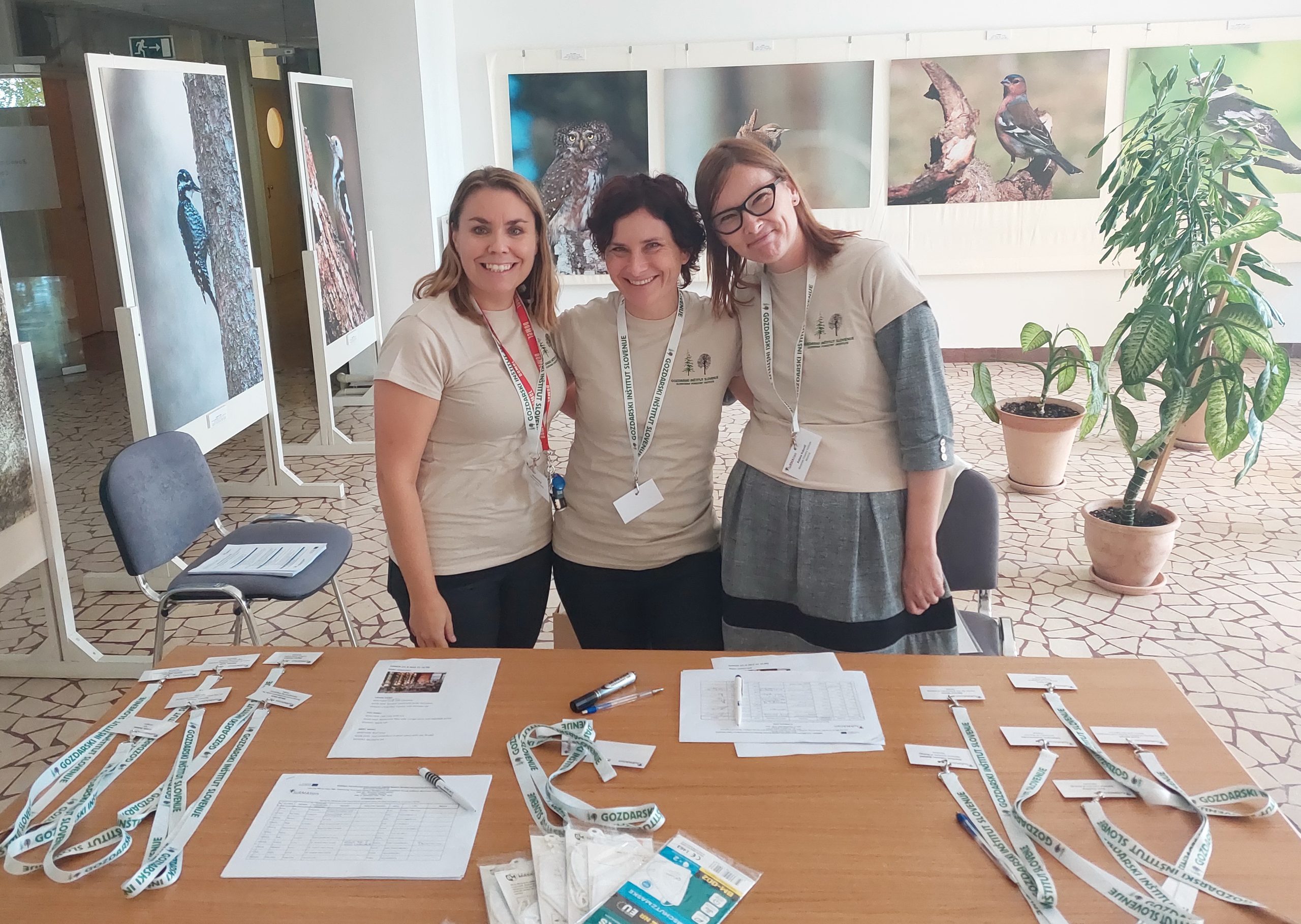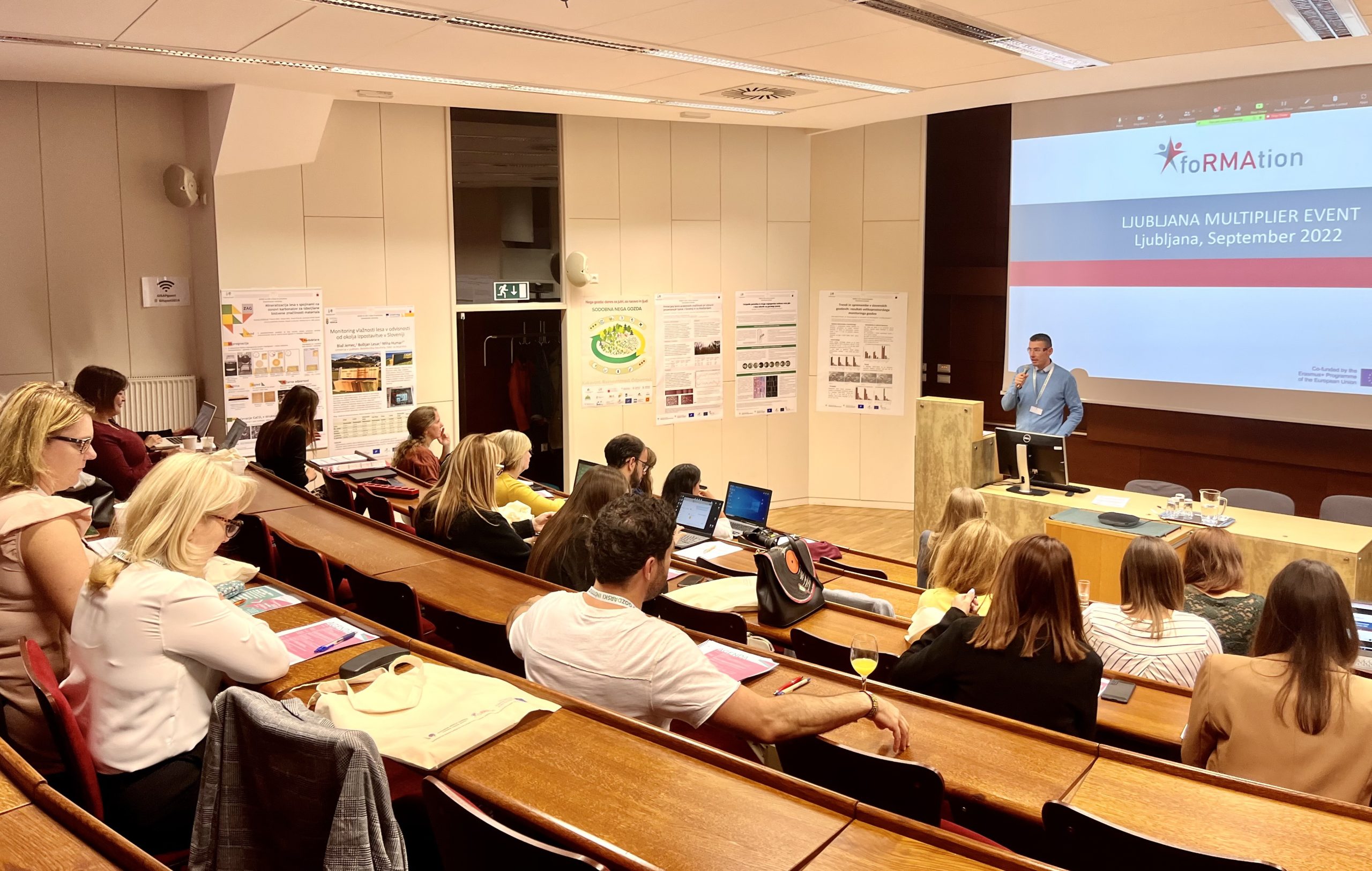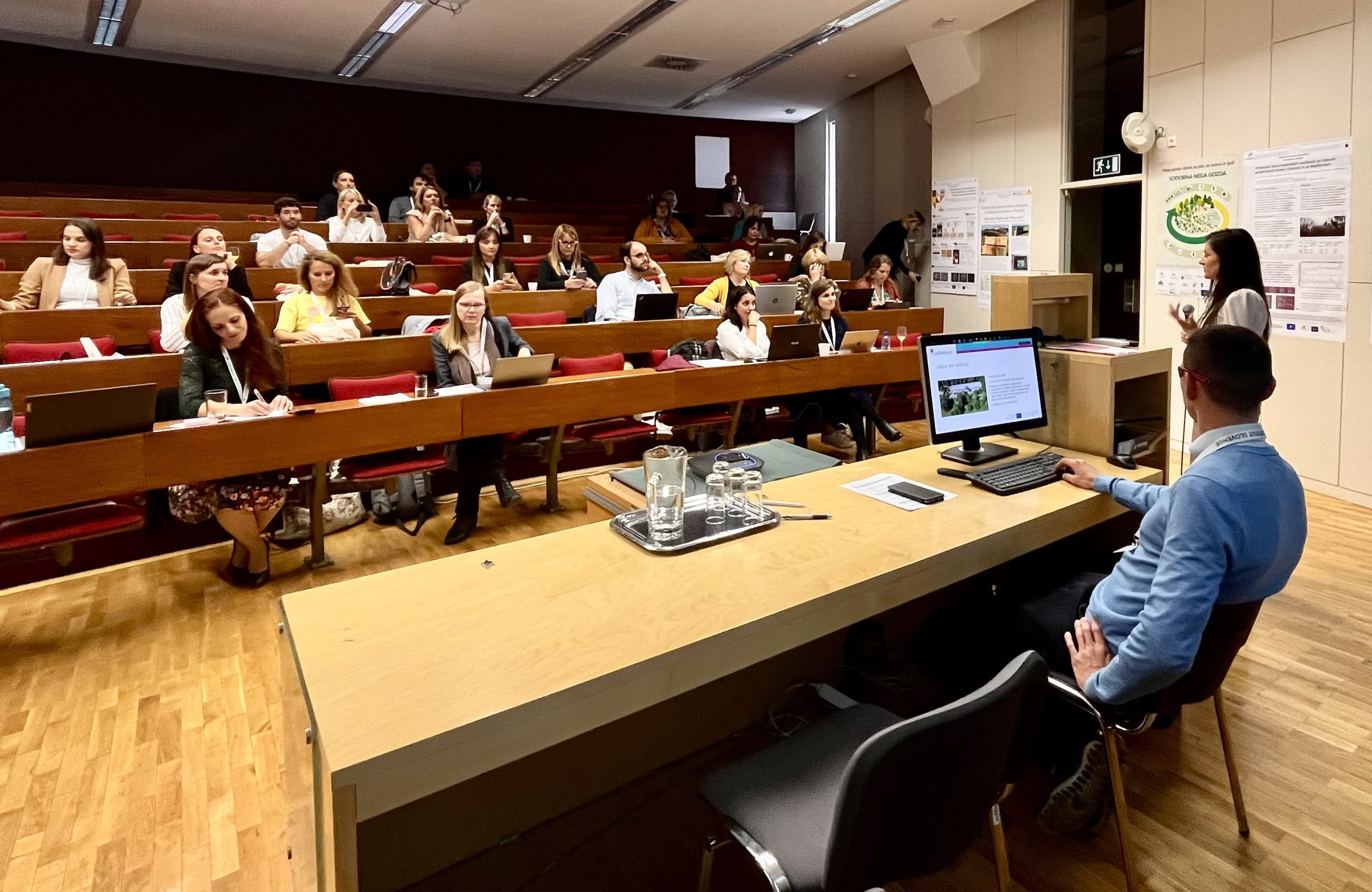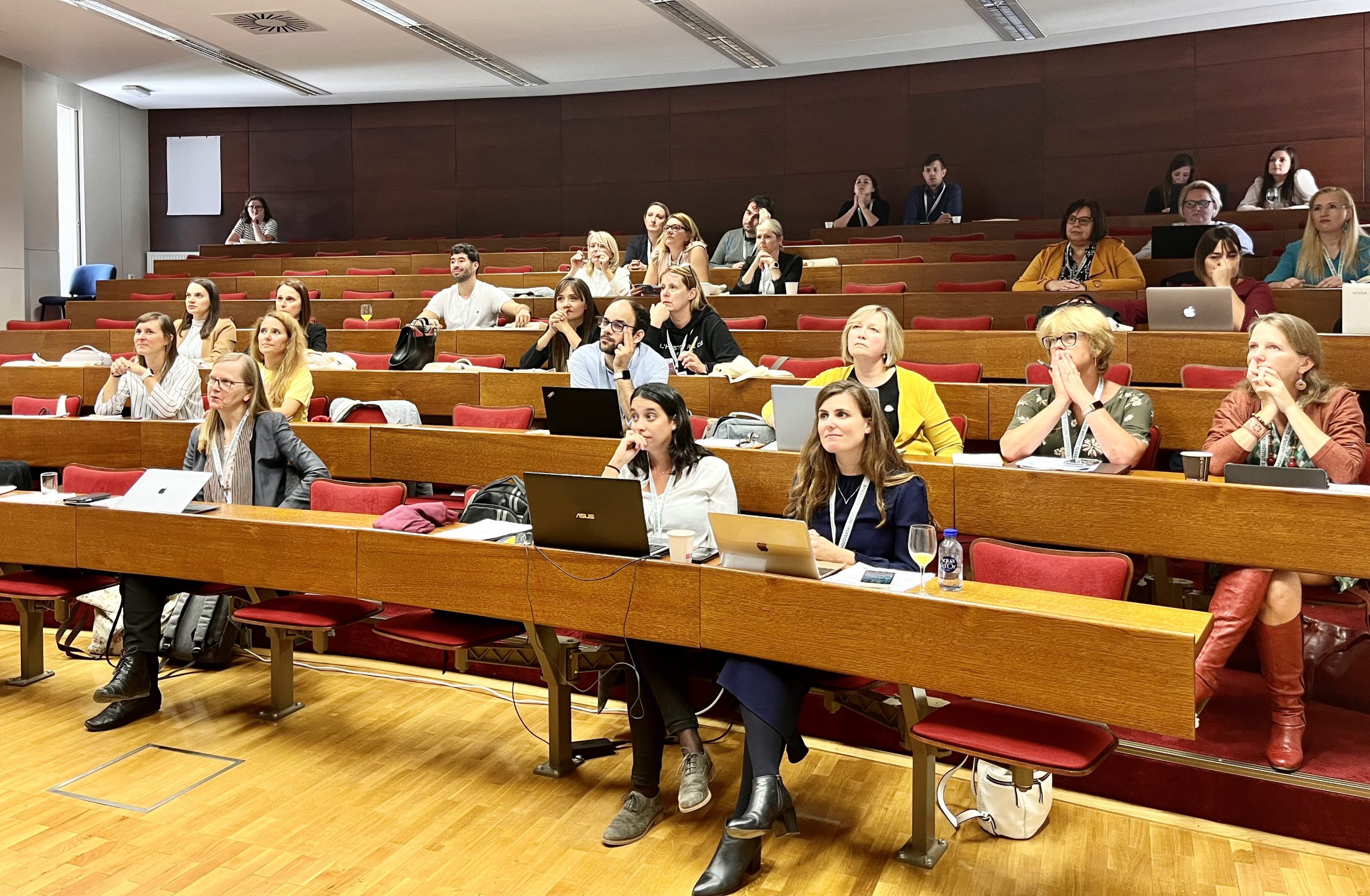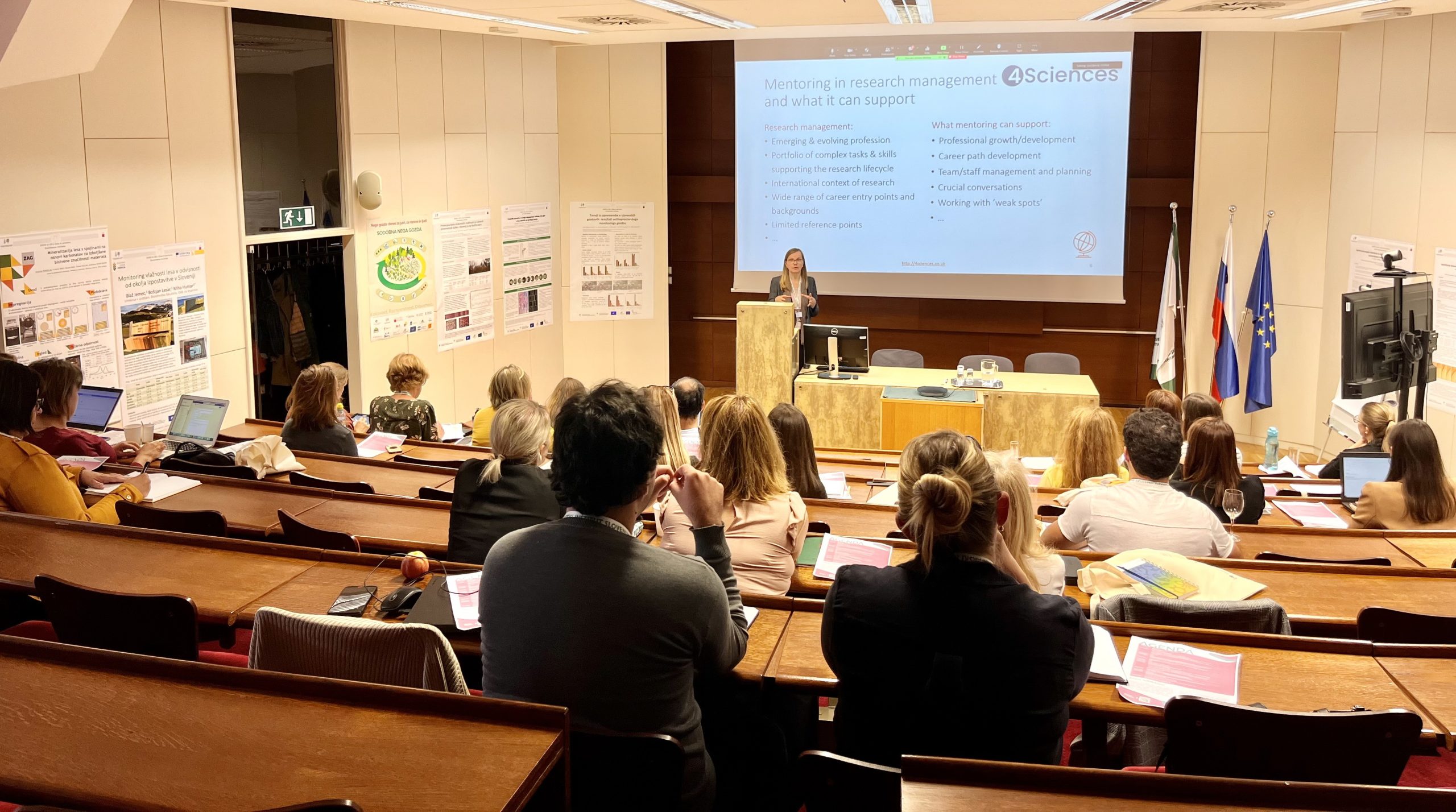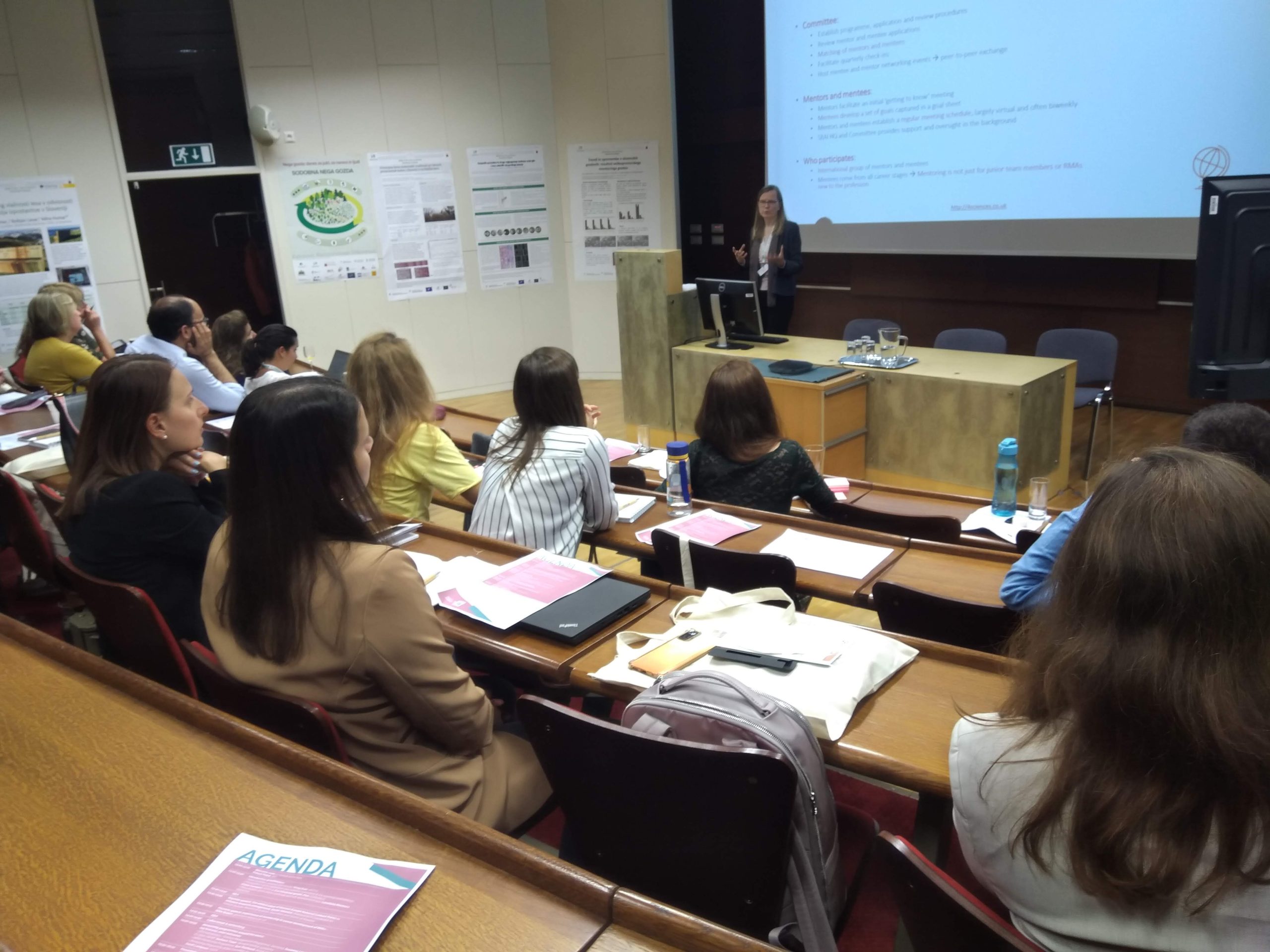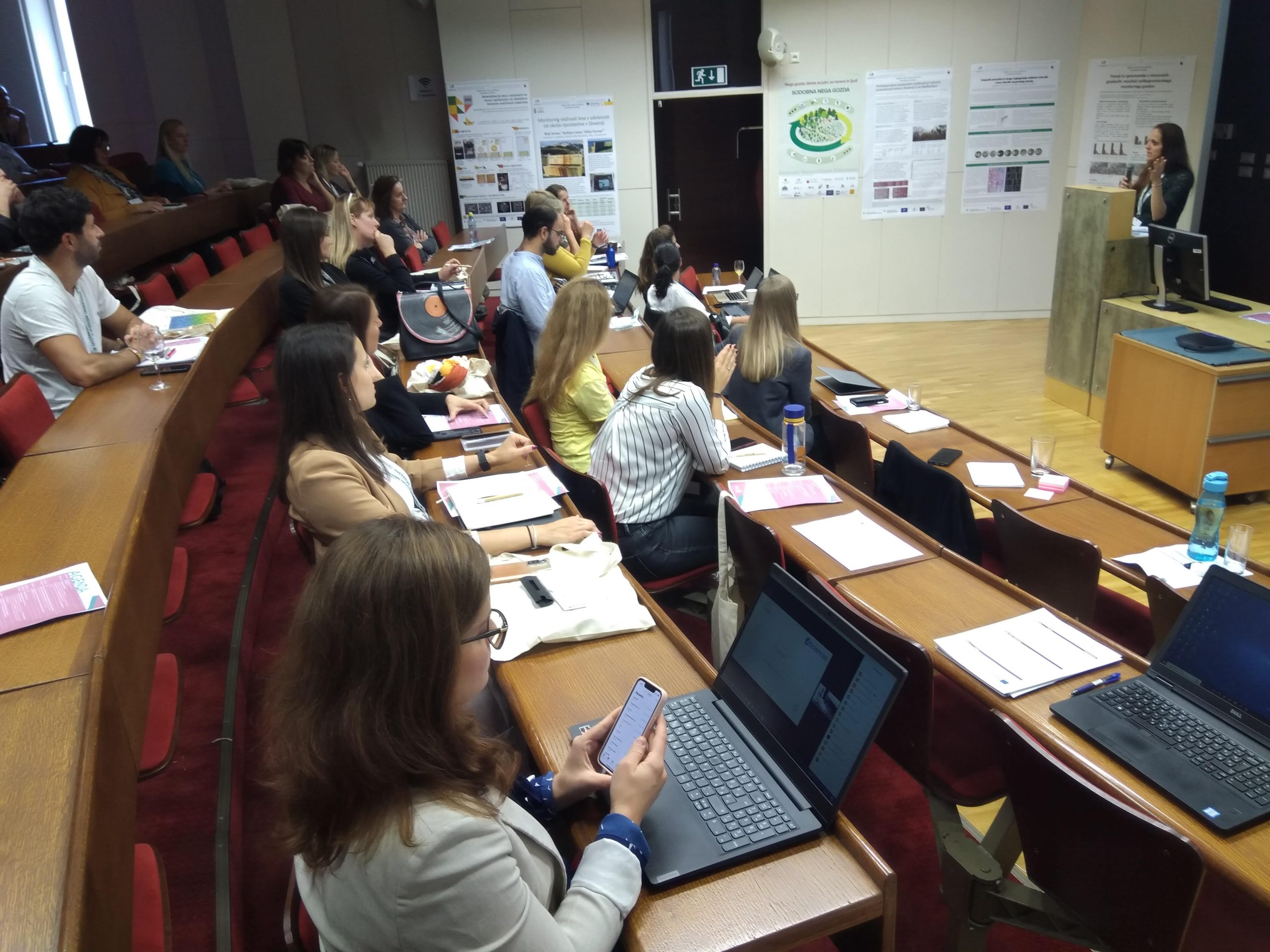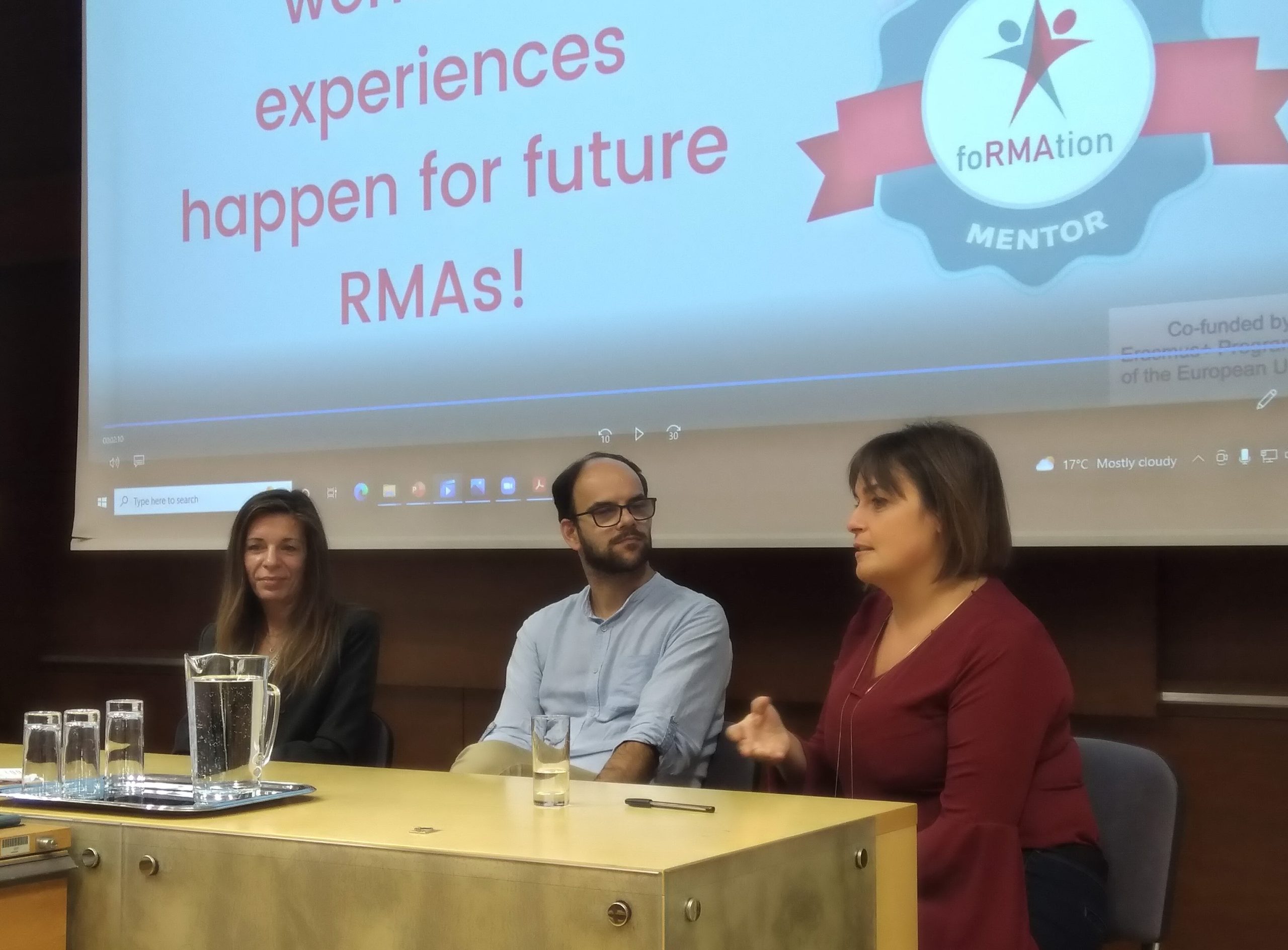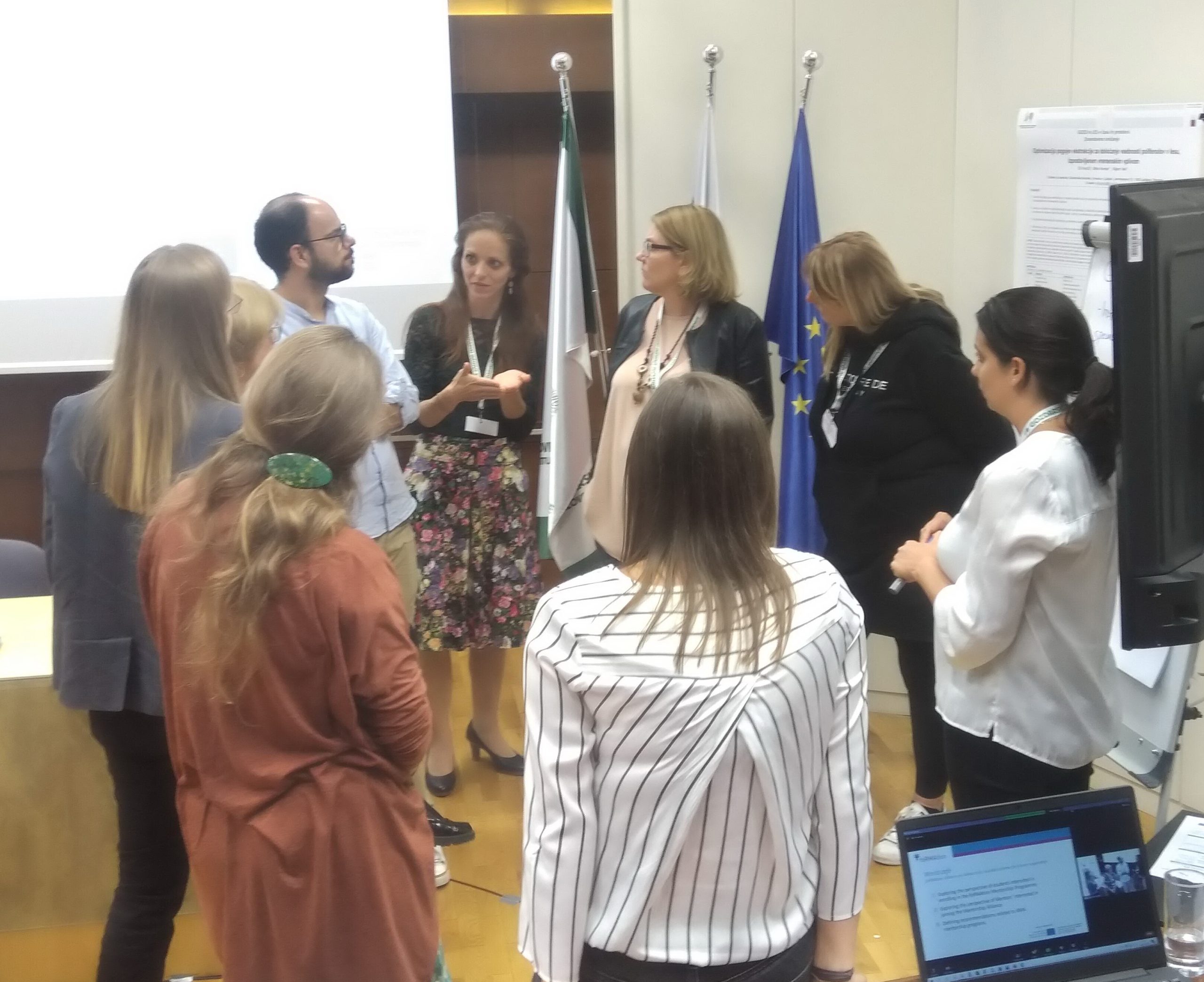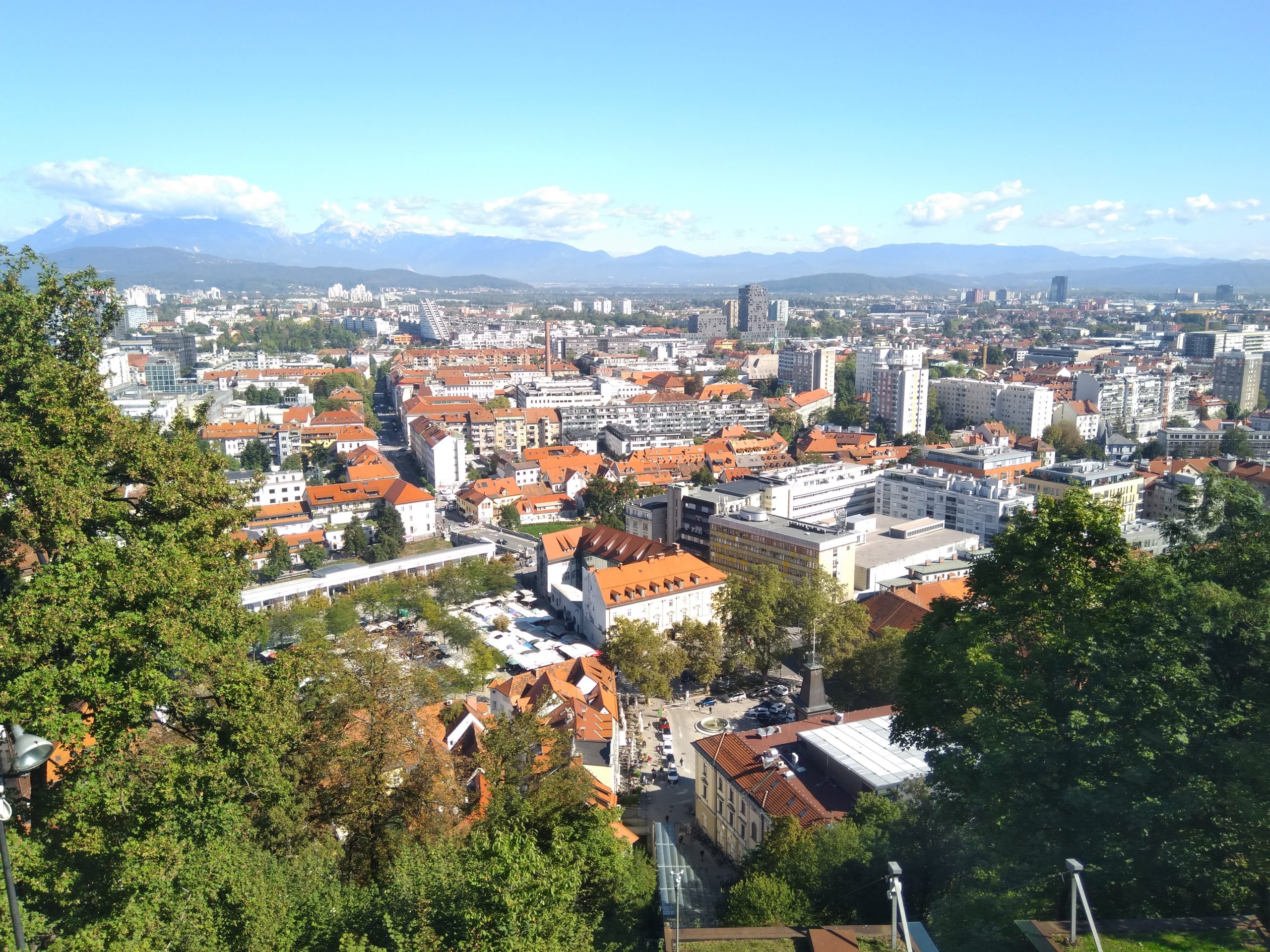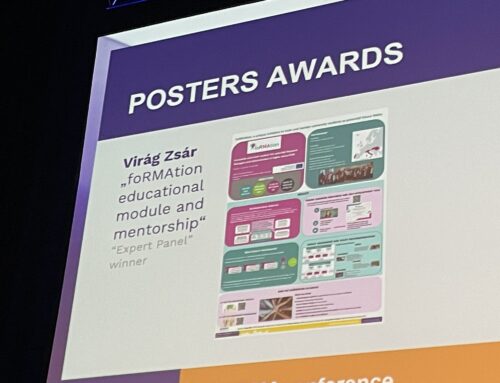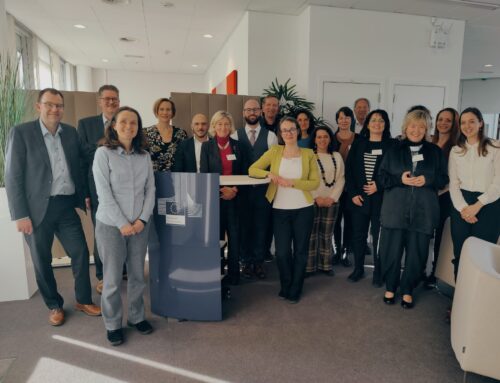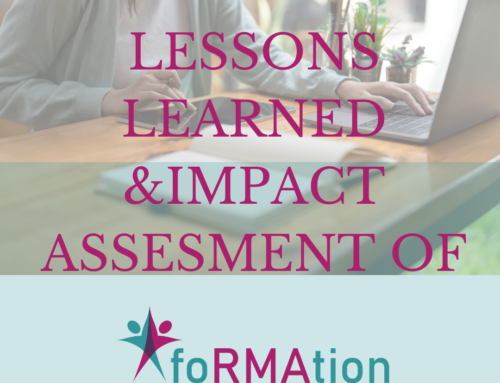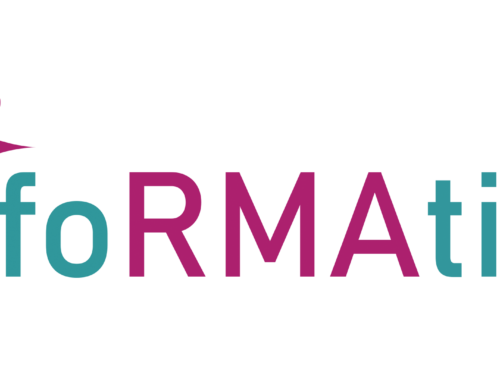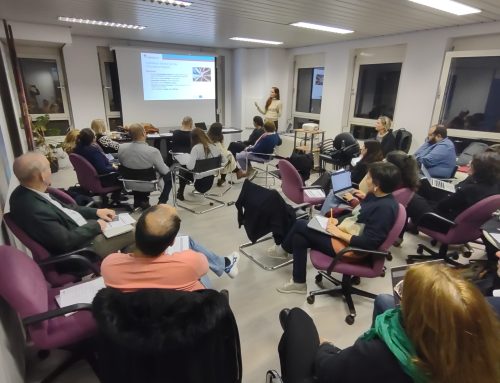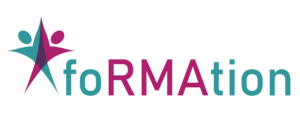The foRMAtion community held its second public event in Ljubljana, Slovenia entitled Learning RMA by doing RMA – Empowering Tomorrow’s Research Managers and Administrators through foRMAtion’s Mentorship Programme. The Slovenian Forestry Institute hosted the event on their premises.
More than 50 participants joined in person and online from more than 12 Countries – including experts in the field of research management, European policy makers and the National Contact Points’ Coordinator for Horizon Europe in Slovenia – to deliberate about various RMA mentorship programs around the world, including foRMAtion’s newly tested programme, and to discuss their possible implementation in their local institutional context. The event offered a great networking opportunity for those who are interested in incorporating mentorship into their institutional practice.
Keynote speeches
Participants were welcomed by Dr. Primož Simončič, Director of the Slovenian Forestry Institute, and Primož Petek, Assistant Director, followed by an introduction by Tjaša Baloh. Virág Zsár from HÉTFA Research Institute gave an overview of the foRMAtion project, including its goals and achievements so far. Project partners presented their main contributions to the project, namely Diana Campelo, Phd, from NOVA University of Lisbon and Éva Köváriné Ignáth, Phd, from Corvinus University of Budapest talked about the foRMAtion international curriculum and the teaching methodology, whereas Loredana Marmora from ISINNOVA presented the online textbook and the self-development tool.
Darija Valančič, National NCP Coordinator for Horizon Europe, Ministry of Science, Education and Sports of Slovenia held the first keynote speech addressing The added value of Horizon Europe National Contact Points to enhance research management. Her eye-opening presentation revealed various links and correlations within the European research and innovation funding system.
Silke Blohm, from the 4Sciences Group Ltd in the UK, held a keynote speech about the Importance of mentorship in the career development of research managers. She elaborated on the different types of mentoring and the multiple benefits it can bring to mentors, mentees and their institutions. She also shared her experience with the SRAI’s Odyssey programme, the US-based Society of Research Administrators International, offering 12-month group or individual mentoring programmes for RMAs coming from all career stages.
Mentorship programmes around the world
Susanne Liermann (EU-Büro, BMBF) presented the ERA Fellowships – Science Management Programme in Germany. This fellowship programme of Germany’s Federal Ministry of Education and Research is dedicated to research and science management staff, allowing for exchange and peer learning. Barbara Tisler (Kemijski Institut, Ljubljana) explained what this program offered her, as a mentee, and how her professional network expanded thanks to her participation in the ERA Fellowship.
Sue Starbuck (Royal Holloway, University of London) explained the key features of the ARMA Mentorship Programme, which provides an opportunity for personal and professional development and networking for ARMA members. As a result of the one-year program, some of the mentees become mentors and return to the program.
Finally, Sarah Lampson (CARA – Canadian Association of Research Administrators) presented their Mentorship Programme in the Canadian RMA context. In order to help mentors and mentees find each other easily, they have launched a new online platform that reduced the administrative burden related to the management of the programme.
foRMAtion’s way of mentorship
The rest of the event focused on the foRMAtion Mentorship Programme. Judit Fekete (HÉTFA Research Institute) explained the novelty of this programme offered to university students who have successfully completed the foRMAtion modules. The program was piloted this summer and proved to be successful for all people involved. The presentation was followed by a roundtable conversation with some foRMAtion mentors, discussing their experience with the mentees and how being a mentor impacted their professional development. See slideshow selected from student’s photos.
The program was closed with a world café on the future of the Mentorship Programme. The consortium established a foRMAtion Mentorship Alliance for those institutions that wish to employ the programme in the future. Both students’ and mentors’ perspectives were taken into account and further recommendations have been formulated.
Many thanks to all the speakers and participants for their contributions and to the wonderful organising team of the Slovenian Forestry Institute!

